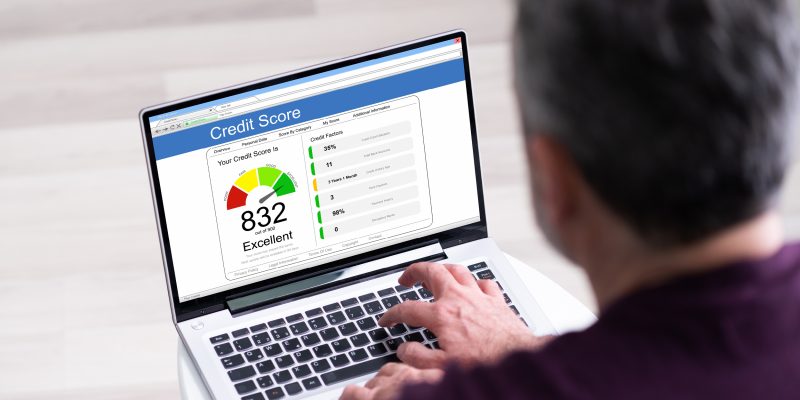TRY THESE 5 STEPS TO MAINTAIN YOUR GOOD CREDIT SCORE

Building credit takes time. So, once you have earned a good score, it’s important to hang onto it.
Part of knowing how to keep a good credit rating is understanding how you are graded. The other part is creating a plan based on that knowledge.
The good news is you only need to know five things to create a plan to maintain that hard earned credit score.
Pay your bills on time
This may sound like a no-brainer, but late payments are among the biggest credit score killers. Any debtor can record a late payment if you go 30 days past due.
Most people miss payments because they either can’t afford it or simply overlook it.
Keeping a budget will go a long way in helping to avoid this problem. Knowing how much money you have coming in and going out can help you prioritize necessities and avoid overpaying on extras. That way, you’ll always have enough to cover every payment.
Using automatic bill pay will help you avoid forgetting payments. Most banks have a quick and easy system you can use with your checking account.
Only use credit cards when you have to
In the hustle and bustle of life, it’s easy to grab the plastic to pay for everything. But doing so can hurt something called your credit utilization rate. Your credit score relies heavily on it.
Most experts agree staying under a 30% credit utilization rate is the best way to protect your score. To calculate your rate, add all your revolving credit balances. Next, add up all your credit limits, then divide your credit balance by your credit limit.
Multiply the result by 100. That’s your credit utilization rate.
Keep your old accounts open
You may have an old credit card that you don’t use anymore. And getting rid of it might seem to make perfect sense.
But be careful. Closing it may hurt your credit history, and that’s important.
It can also hurt your credit utilization rate. For example, let’s say the card has a $1000 limit, and you don’t owe anything on it. You lose that $1000 cushion in your credit utilization by closing that account.
So, you may want to hang on to it and use it once in a while. Some cards can automatically close if they remain dormant too long. Just be sure to pay it off in the same billing cycle.
Be careful about opening new lines of credit
Too many credit applications in a short period of time can lower your credit score. So, it pays to be selective with credit applications. If you aren’t confident it will be approved, avoid it.
Before you say no to a credit check, see if there are pre-approval options. These are usually well advertised, but if not, sometimes it pays to ask.
Check your credit reports
Last year, a Consumer Reports investigation revealed that 34% of Americans found at least one error on their credit report. These errors can be very costly, so it’s worth a checkup at AnnualCreditReport.com.
Equifax, TransUnion, and Experian all offer free reports once a year. As of this blog date, all three are offering them free every week.
You’ve worked hard to get where you are. Practicing these five steps will help you develop a plan to keep you there and have the credit you need when you need it.